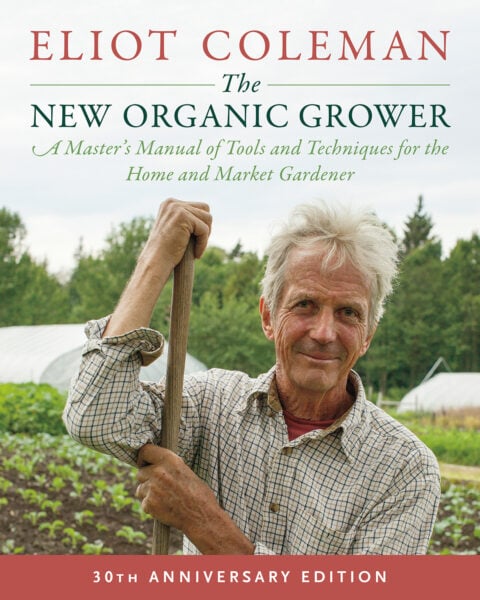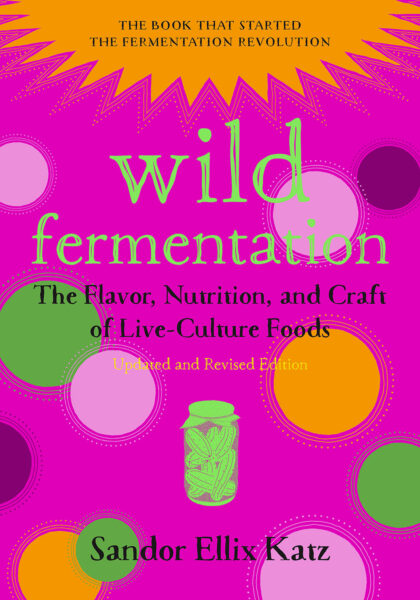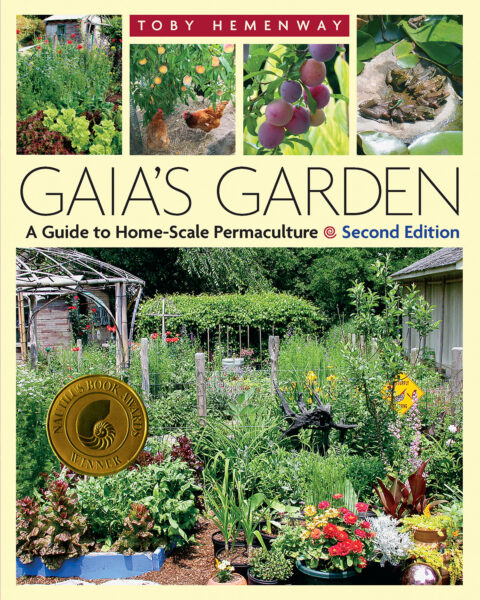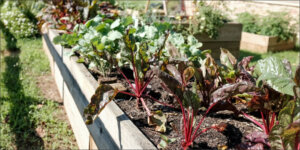The World Needs Books: Notes from an Editor

I’ve worked as an editor for 35 years—my entire adult life. In that time I have seen many changes in the publishing industry: faster computers, better software, and greater production from fewer and fewer actual workers. We could debate just how positive all this increased “efficiency” has been for publishing and for manufacturing as a whole. But mainly I hear the same question from friends and strangers alike: “Are books becoming obsolete?”
My answer has always been a categorical and reflexive, “No.” Even with the growing popularity of audio and digital publishing, many readers still gravitate toward the printed book—at least so far. Yet the question caused me to reflect on what Chelsea Green does as a publisher, and I wonder whether we are still serving as a positive force in the world. Whether, in short, we have a role beyond merely manufacturing new books and turning a profit.
Whatever the final consumer product—print or digital audio or ebook—books represent ideas. The best, longest-lasting, and most influential books are simply ideas filtered through the unique perspective and talent of their author, and structured in a written form that demands an internal logic, cohesion, and flow. (That’s where editors come in.) The very act of writing implies an organization of the creator’s thoughts, impressions, and opinions.
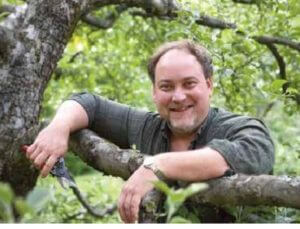 Then I thought about the state of our present society: increasingly tribal, antagonistic, and divided into our own insulated silos or echo chambers of opinion and beliefs. Worldwide the rise of nationalism and isolationism relies on fear of “the other.” It builds walls and barriers, whether between people or in terms of trade. We’re served instant headlines in an endless news cycle and fed unsatisfying facts and fables from the powerful fire hose of social media (an Orwellian term if there ever was one). We have bots and trolls going on phishing expeditions on our own devices. We waver between gullibility and skepticism.
Then I thought about the state of our present society: increasingly tribal, antagonistic, and divided into our own insulated silos or echo chambers of opinion and beliefs. Worldwide the rise of nationalism and isolationism relies on fear of “the other.” It builds walls and barriers, whether between people or in terms of trade. We’re served instant headlines in an endless news cycle and fed unsatisfying facts and fables from the powerful fire hose of social media (an Orwellian term if there ever was one). We have bots and trolls going on phishing expeditions on our own devices. We waver between gullibility and skepticism.
Amid this welter, books offer something very different. It takes a lot of time and effort to write a good book, and reading one requires time and commitment, too—something we often don’t think we can spare in our increasingly fast-paced lives. And yet, this kind of careful, quiet reading and contemplation is precisely what we so desperately need today. Reading a book makes us slow down and become a bit more human. We may not agree with a book’s argument or its author’s ideas, but even if we don’t, it engages us and makes us more empathetic and open to other ideas, other possibilities and perspectives that we may not have considered ourselves.
In fact I would argue that ideas are the original and highest form of “free trade.” At Chelsea Green we take a broad, indeed worldwide perspective, publishing authors from many countries and disseminating their ideas. Just as importantly, we are bringing some of the best American writers and thinkers to the world.
The ideas we publish build bridges, not walls. They build and expand communities instead of separating and segregating them.
Regenerate the Earth. Restore the Human Spirit. It’s a tall order, to be sure. But great books, the vehicles for great ideas, have the power to inspire us and cause us to do just that.
Ben Watson is a senior editor at Chelsea Green who has worked for the company since 1993. His editing projects have included bestselling titles such as The New Organic Grower, Wild Fermentation, and Gaia’s Garden. He is also the author of several nonfiction books, including Cider, Hard and Sweet. Ben is a recognized expert on apples and cider, and has served as a judge for several international competitions. He lives in the Monadnock Region of southwest New Hampshire, where he works to conserve and propagate heritage varieties of fruits and vegetables.
Recommended Reads
An Interview With Eliot Coleman: The Original Organic Pioneer
Recent Articles
Want to witness the magic of the mini-forest? When you practice The Miyawaki Method, a unique approach to reforestation, you’ll see an empty lot or backyard transform into a biodiverse forest before your very eyes. The following is an excerpt from Mini-Forest Revolution by Hannah Lewis. It has been adapted for the web. Photo Credit:…
Read MoreWhen you plan out how you want your garden to look and operate, you’re setting yourself up for long-term success. Here are some helpful tips on how to plan the best garden this upcoming growing season! The following excerpt is from The Resilient Gardener: Food Production and Self-Reliance in Uncertain Times by Carol Deppe. It has been…
Read MoreThis fig pecan bread is a sweet, delicious, and nutritious side that everyone around the table will enjoy this winter (or maybe you’ll want to keep it all to yourself, we won’t judge). Enjoy! The following is an excerpt from From the Wood-Fired Oven by Richard Miscovich. It has been adapted for the web. What…
Read MoreWhat if we told you that there was a way to extend your growing season and save time & money? The answer is all in arugula. With quick hoops and greenhouse film, you’ll be on your way to harvesting sweet & flavorful arugula in no time. The following excerpt is from The Resilient Farm and…
Read MoreEver wanted to make your own hatchet? Then today’s your lucky day! With some scrap steel, a hacksaw, a file, a drill, a bonfire, a bucket of water, and an oven, you can make this simple, hardy, “democratic” axe. The following excerpt is from A Handmade Life: In Search of Simplicity by William Coperthwaite. It has…
Read More

